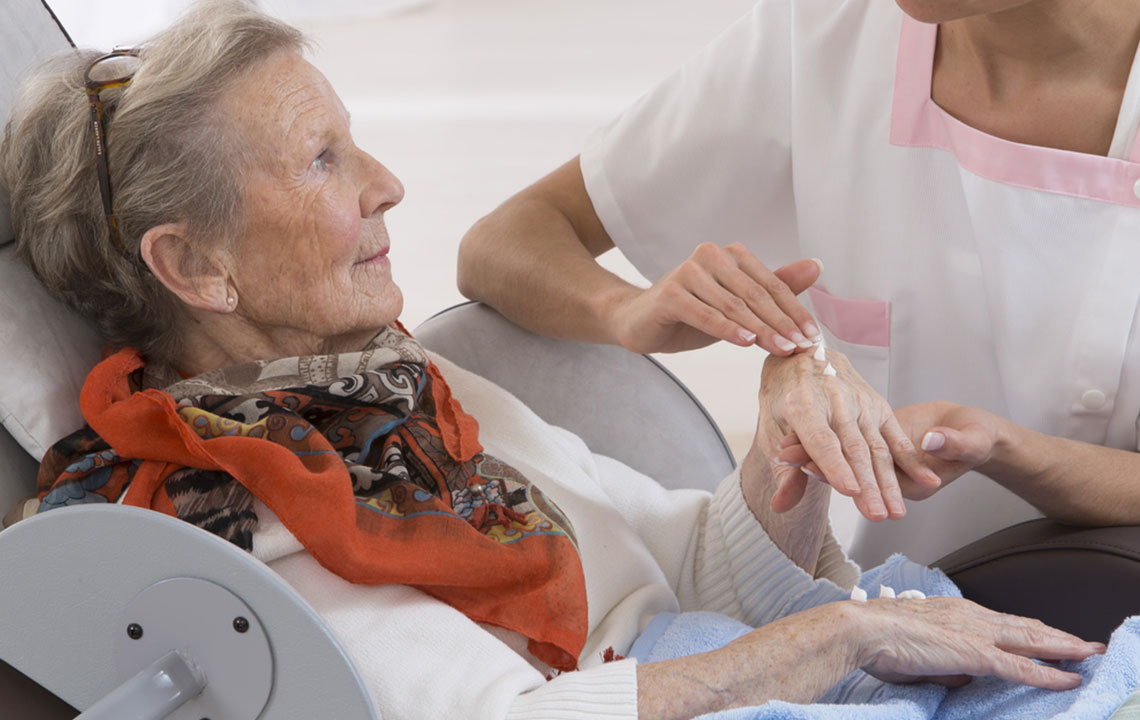Guide to Selecting Caregivers for SMA Patients
Learn how to choose the right caregivers for SMA patients. This guide covers evaluating care needs, working with insurance and social services, interviewing candidates, and preparing for caregiver changes. Balancing professional and family support and understanding regional policies are crucial for continuous, quality care for SMA patients.
Sponsored

Spinal muscular atrophy (SMA) is a genetic disorder impacting nervous system function related to voluntary muscle movement. Its onset, symptoms, and progression vary widely among individuals. For SMA patients, daily activities can be challenging without assistance. Family members often serve as initial caregivers but typically require professional support over time, especially as the condition advances. Proper caregivers, equipped with medical tools and expertise, are essential for tasks like bathing, dressing, toileting, and feeding. Hiring qualified caregivers through agencies requires careful selection to ensure they provide the needed care.
When arranging caregiver support for SMA patients, understanding the required care level and available government assistance is key. Consulting with insurance providers and social workers helps determine permissible hours of care funded by programs like Medicaid. Since needs vary—ranging from occasional help to full-time care—it's vital to communicate precise requirements. Caregiver hours and costs differ by location due to regional policies. Maximizing coverage and supplementing with personal funds if necessary ensures continuous care.
Discuss with insurance and social services
Confirm how many hours of care are covered, and clarify any regional differences with social workers, to plan accordingly.
Thoroughly interview prospective caregivers
Evaluate their experience, skills, and comfort with activities like dressing, feeding, and bathing. Interview multiple candidates to find the best fit for the SMA patient's specific needs.
Prepare for caregiver turnover
Recognize that professional caregivers often see this as a temporary role, potentially moving on to other careers. Being mentally prepared for changes or caregiver departures is important for ongoing care planning.
Overall, selecting the right caregiver for an SMA patient involves balancing family involvement, professional support, and financial considerations. Proper planning and flexibility ensure effective, compassionate care tailored to each individual's needs.





